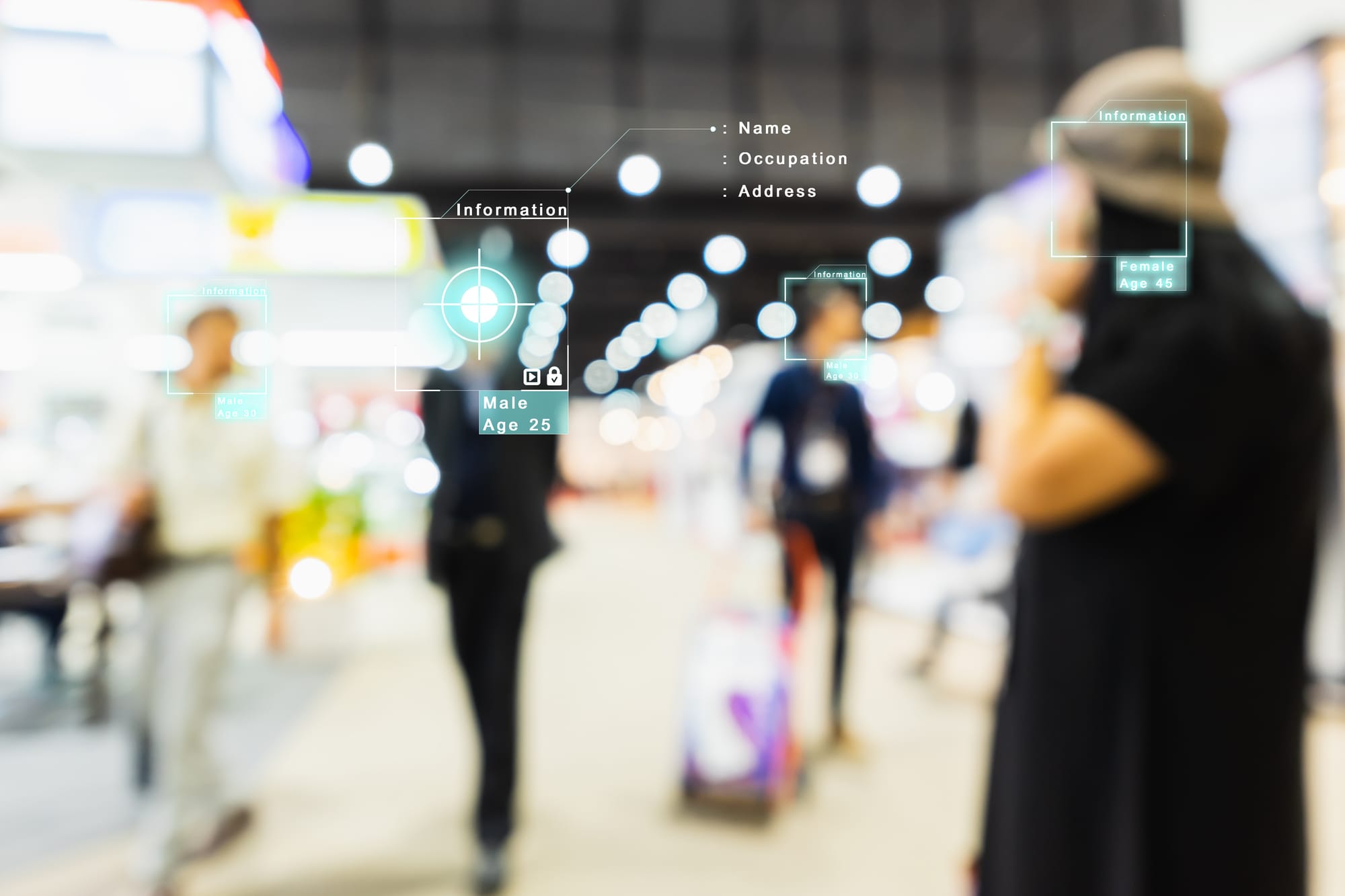Case Study: AI in Retail Security

Case Study: AI in Retail Security
Retail security has undergone significant transformations with the advent of artificial intelligence (AI). Traditional security measures are being enhanced by AI technologies, which help in reducing theft, improving store operations, and increasing customer satisfaction. This article explores various aspects of AI applications in retail security through a detailed case study. We will look at how AI is utilized in surveillance, loss prevention, customer service, and data protection within the retail sector.
- AI-Enabled Surveillance Systems
One of the most significant applications of AI in retail security is in enhancing surveillance systems. AI technologies, such as machine learning and computer vision, are used to analyze video footage in real-time. This allows for immediate detection of suspicious activities and potential threats. For example, in our case study, a large retail chain implemented AI-driven cameras that could identify unusual loitering, unattended bags, or individuals engaging in theft. These smart cameras significantly reduced the workload on human security personnel and improved response times to incidents.
- Loss Prevention through AI
AI systems are particularly effective at identifying patterns that might indicate shoplifting or internal theft. By integrating AI with point-of-sale (POS) systems, retailers can detect unusual transactions such as multiple voids or refunds, which might suggest employee fraud. In the case study, the implementation of an AI-driven analytics system enabled the retail chain to decrease shrinkage by identifying and addressing the root causes of losses, both external and internal, leading to a substantial reduction in overall inventory loss.
- Enhanced Customer Service with AI
AI is not just about security; it also enhances customer experience, which indirectly boosts security. For instance, AI-powered chatbots and virtual assistants can provide immediate assistance to customers, reducing the frustrations or confrontations that can occur in stores. In our case study, the deployment of AI assistants helped manage simple customer queries, freeing staff to handle more complex issues and maintain vigilance against security threats. This improvement in customer service also led to an enhanced perception of safety among shoppers.
- Data Protection and Privacy
In the era of digital transactions, retail security is not only about physical threats but also about protecting customer data. AI helps in monitoring and securing data flow within retail networks. In the provided case study, AI-driven security protocols were applied to detect and counteract potential cyber-attacks in real-time. Moreover, the AI systems were designed to adhere to privacy laws and regulations, ensuring that all surveillance and data collection were compliant with legal standards, thus maintaining consumer trust.
- Inventory Management
AI extends its utility to inventory management, which indirectly affects retail security. Accurate inventory tracking through AI technologies can alert staff to irregularities that may indicate tampering or theft. In our case study, the integration of AI tools enabled automatic restocking notifications and tracking of inventory levels, minimizing the chances of stock discrepancies that could lead to security concerns.
- Integration with Mobile and IoT Technologies
Many retailers are now combining AI with mobile and IoT (Internet of Things) technologies to create a cohesive security framework. For instance, in our case study, IoT sensors and mobile alerts were used to inform store managers immediately about security breaches. This combination allows for a more flexible and responsive security system that can adapt to various situations, from unauthorized access to fire hazards.
- Training and Simulation
AI can also play a pivotal role in training security personnel. Virtual reality (VR) simulations powered by AI can prepare staff for a range of scenarios they might face, from dealing with aggressive behavior to noticing subtle signs of theft. Such training ensures that the staff is well-equipped to handle real-world situations effectively and safely.
- Facial Recognition Technologies
Facial recognition is another AI application in retail security. This technology can identify known shoplifters or banned individuals as soon as they enter the store. In our case study, the retail chain employed facial recognition technology that dramatically reduced repeat offenses and helped in liaising with law enforcement efficiently.
- Predictive Analytics for Security Management
Predictive analytics is another area where AI contributes significantly. By analyzing historical data, AI can predict peak times for theft and allocate security resources more effectively. This proactive approach in our case study helped to mitigate risks before they could escalate into actual security issues.
- Scalable AI Solutions
The adaptability and scalability of AI solutions are vital for retail chains, especially those with multiple locations. The ability to scale security solutions across different stores without significant increases in human resources is a cost-effective strategy for large retailers. In the case study, AI solutions were designed to be scalable across all retail outlets, ensuring that the security measures were uniformly strong across the board.
In conclusion, the integration of AI into retail security systems offers numerous benefits, including enhanced surveillance, improved loss prevention, better customer service, and robust data protection. The case study discussed in this article illustrates the effectiveness of AI in addressing both conventional and modern security challenges faced by retailers. As AI technology continues to evolve, it is expected to play an even more critical role in shaping the future of retail security.


